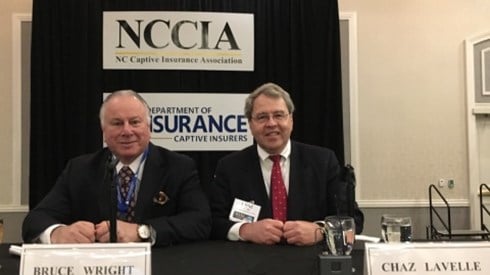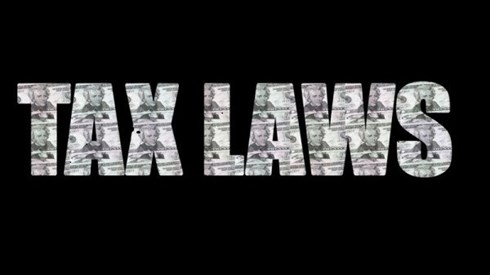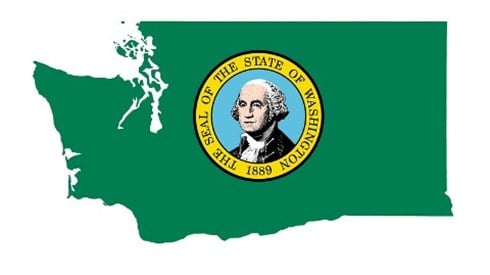Microsoft's Captive Tax Issues Not Applicable in Most Other States

August 23, 2018

At the North Carolina 2018 captive insurance conference, Bruce Wright, a partner at Eversheds Sutherland (US) LLP, shared some insights surrounding Microsoft Corporation's Arizona captive insurance company (Cypress Insurance Company) payment of more than $875,000 for unpaid premium taxes and interest and penalties to the state of Washington for (certain) property insurance policies written directly by Cypress for Microsoft operations.
Mr. Wright said that Washington State is unusual in that it does not have a direct placement statute. He explained that 46 states in the United States have a direct placement statute or an industrial insured statute for nonadmitted companies writing direct business in the state. In such instances, the tax charged is usually the same as the surplus lines tax for the state—typically between 2 percent and 5 percent.
Since the state of Washington does not have a mechanism to tax placements from nonadmitted companies, in May, the state advised Cypress that it was doing business in the state illegally because the captive had not paid the 2 percent Washington State premium tax on all of the premium it was writing.
Mr. Wright said Washington statute "seems to say" that if you directly insure business in the state of Washington and you are not an admitted insurer in Washington, then you are subject to the state premium tax. Microsoft initially said that it was self-insuring (which, according to Mr. Wright, is apparently not "insuring," also according to Washington State statute) and therefore not subject to the Washington State premium tax.
Ultimately, the matter was settled for about half of the amount asked for by Washington's insurance commissioner, Mike Kreidler.
The final tax amount appears to have been limited to the premium related to the Washington State-based risk that was written by Cypress. The organization obtained new policies through a surplus lines broker, which will pay the surplus lines tax to Washington.
Mr. Wright said that this issue is not applicable in most other states, which have other statutes that they apply, so he doesn't think "for the moment" that the Microsoft situation has "far-reaching applicability." Mr. Wright noted that, similarly, West Virginia and Massachusetts do not have direct placement statutes but have not troubled captive insurers. Rhode Island previously had no such statute but has since put one in place in relation to a case involving a company called AEGIS, a very large captive that insures utilities around the country.
Johnson & Johnson
Of related interest and specific to direct placement taxes imposed on premium paid to a captive, Mr. Wright referenced the Johnson & Johnson case. While the case did not get as much attention as the Microsoft situation, readers can find out more about the Johnson & Johnson case.
(Pictured above, from left, at the North Carolina 2018 captive insurance conference, are Bruce Wright, partner, Eversheds Sutherland (US) LLP, and Charles "Chaz" Lavelle, senior partner, Bingham Greenebaum Doll LLP.)
August 23, 2018



